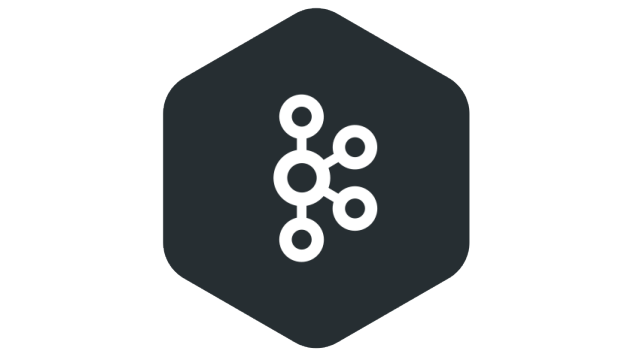PostgreSQL: Who Needs Advanced Job Skills and Why?
Together with Evgeny Aristov, an expert on working with various DBMS, we talk about the relevance of the specialization and the program online course “PostgreSQL”…
PostgreSQL specialists are in short supply in the market
The popularity of this free database management system is constantly growing. We recently conducted a survey according to which the majority of companies choose Postgres right away or plan to switch to it in order to reduce costs.
Against this background, there is a constant shortage of specialists on the market. We are talking about those administrators and developers who know not only how to work with PostgreSQL, but who can also design databases and deploy high-load clusters in the clouds, optimize queries, maintain and scale.
Such specialists can apply for a salary of 200-300 thousand rubles.
Once I briefly opened my resume, and as a result, I fought off calls for another month. Those who know how to professionally build databases running PostgreSQL are really snapped up.
Evgeny Aristov
What skills does the market need?
In addition to a confident understanding of Postgres, you will need skills in working with the most popular containerization tool – Kubernetes, the ability to configure all of this in various AWS, GCP, Azure clouds, work in Docker and feel comfortable with Linux.
We took all this into account in the PostgreSQL course program. It consists of 7 modules and is designed for 4 months of training.
In the first introductory module, you will learn how to work in the Google cloud and install Postgre in various options. In the classroom, we will discuss various logical and physical levels, we will analyze how everything works out of the box in order to understand what PostgreSQL is all about.
Learn to work with multi-version, logs and locks. You will understand how to set up backups and replication.
We will dive deeply into each topic so that you are ready for any surprises in your work. It would seem that blocking is so difficult? But in fact, there is a deep layer of problems that you may not know.
And this is the only practice-oriented hard course on this DBMS in Russia. In fact, the programs of other courses give what we go through in the first two modules.
Evgeny Aristov
One of the most important modules is dedicated to optimization and partitioning. In this area, people tend to face a lot of problems that they did not even know about. After training, you will be able to join correctly, take indexes correctly and know what the difference is. Learn about OLAP workload and how it differs from OLTP.
Two more modules are devoted to clusters: you will learn what Kubernetes is and what it is “eaten” with, and then in Kubernetes in the clouds, you will deploy highly loaded and parallel clusters.
The final module is dedicated to project work, which will help consolidate all skills and replenish the portfolio with a finished project.
After training, it will not be difficult for you to raise the virtual machine with one command, deploy the Postgres database, put it all in docker containers with a Java application, and eventually deploy it all with two buttons via Docker-Compose.
Evgeny Aristov
A course for those who want to dive into design using Postgres, improve their DBA skills, learn how to work in Kubernetes and clouds. If you are currently using paid databases, for example MS Oracle, you work with large databases, you are planning to switch to free databases. If this is about you, here you will find an introductory test and the opportunity to try the course before the start of the demo lesson “Partitioning PostgreSQL tables”, which will be held on October 26 at 20:00… You will gain valuable knowledge, get to know one of the course teachers, Vladimir Krokodilov, and you will be able to ask him your training questions. See you at OTUS!



![OpenAPI Comparator – detector of changes that break [большие] API](https://prog.world/wp-content/uploads/2023/02/fa98afaa180651e32e5465a6daf396cf-768x403.png)

